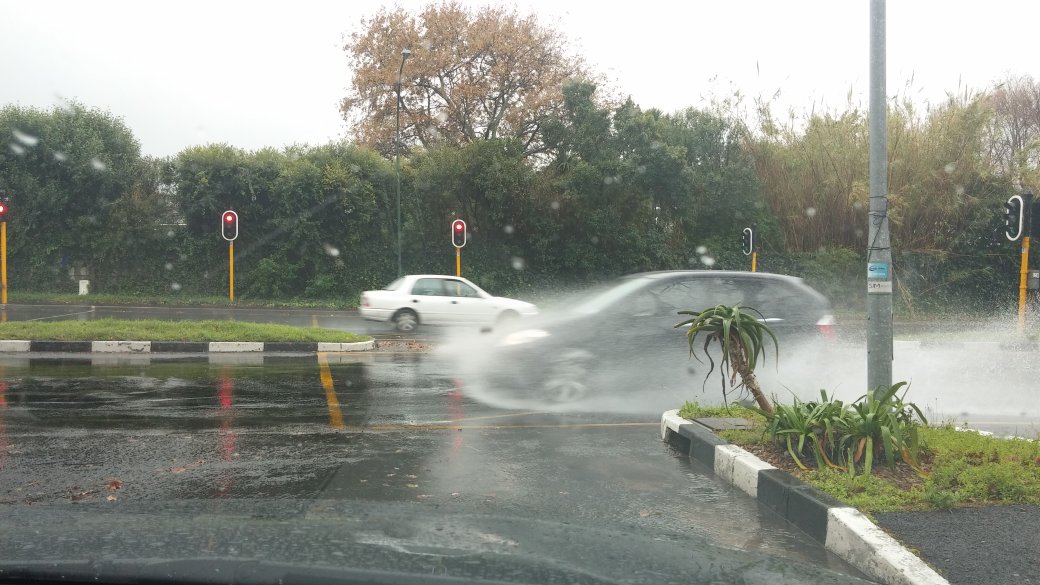While Cape Town’s average dam level is at 53.3% this week – double what it was this time last year – the City council is still pushing ahead with plans to get new water sources into the City’s supply system.
City of Cape Town Deputy Mayor Ian Neilson said: “It’s not a case of if we do this, but when and how.”
With the increased demand from a growing population and economy, and with climate change models predicting a drier Cape Town, the City has realised that it cannot rely only on rainfall for future water supply.
“Our rainfall variability is very much greater than in the past, so we have to change our strategy of water supply. If we rely on surface water only, we could run into a similar situation,” Neilson said.
This is a break from past City administrations that have shelved water supply augmentation plans, such has groundwater abstraction, once a drought had broken.
The early winter rains have given officials and politicians the breather they need to review the water augmentation schemes launched at the height of the drought crisis to establish the best mix.
Simplistic comparisons unhelpful
“Now that we have navigated our way through the immediate drought crisis, it is necessary that we review our water supply strategy and augmentation plans to ensure that what was devised in a time of crisis is appropriate for longer-term sustainability and resilience,” Neilson said.
Water resilience is the new buzz-phrase among water leaders and managers, and incorporates the idea that a city’s water supply and usage need to be managed in a new way so that a city can anticipate and adapt to the shocks and stresses of water scarcity – a reality for many cities that had not considered themselves to be short of water.
Neilson said the City was working with the World Bank, the Stockholm International Water Institute and 100 Resilient Cities to ensure that the revised augmentation programme was the best response to the reality of Cape Town’s water situation.
It was important, he said, not to make simplistic comparisons with what other countries – such as Israel with its massive desalination plants – were doing.
Israel had to go that route, which was expensive and energy-intensive, as it had no options. Cape Town did have options, he added.
Water from temporary desalination plants cost between R35 to R40 a kilolitre (1 000l). Water from rain-fed dams is around R5 a kilolitre.
Neilson said the small-scale temporary desalination plants were particularly expensive, but had been a strategic choice at the height of the drought. However, permanent, large-scale desalination plants were cheaper.
Conservative approach to groundwater extraction
“We’re busy with that at the moment, reviewing what size and what time scales we need.”
The City had two-year contracts with the temporary desalination plant companies, which stipulated that the City would not pay for any of the capital costs, only for the water.
Two of these were already in operation, in Strandfontein and at the V&A Waterfront. The one at Monwabisi Beach would come online at the end of July.
An international review of the City’s water resilience programme had recommended that temporary desalination should not be pursued long term because of the expense.
Groundwater extraction was cheaper, particularly for large yields.
But groundwater relies on rainfall to replenish it, and before it could be added to Cape Town’s water supply, a system had to be designed that established how much could be abstracted sustainably. For this reason the City’s approach to groundwater use was conservative.
Xanthea Limberg, the mayoral committee member for water and water services, said because of the intense drought, the City’s augmentation programme had achieved in four months what would usually have taken two years to develop.
“Much experience has been gained over the past year through the development of the various projects and advice from professionals and experts, both locally and abroad. This knowledge is informing the current programme and priorities,” Limberg said.
[Source: News24]





 WhatsApp us
WhatsApp us 

